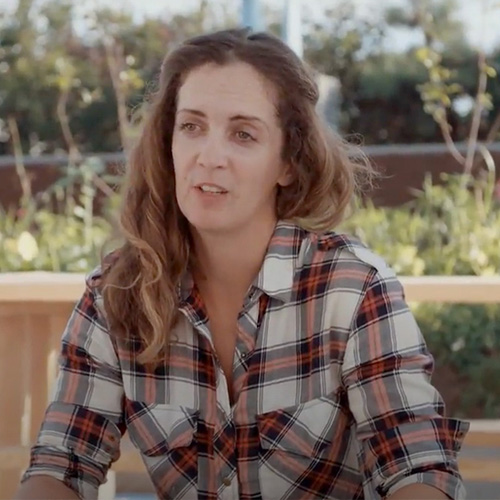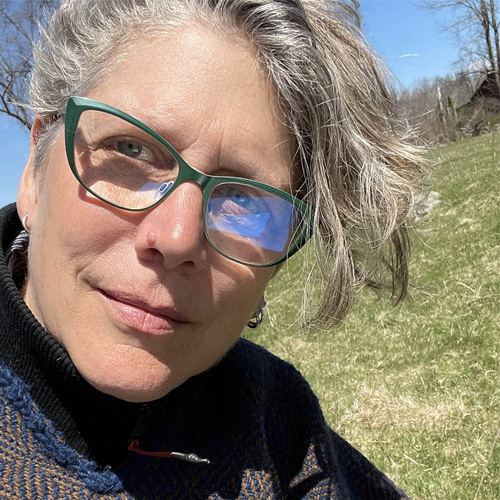Confluence MFA
The Confluence MFA is not accepting applications for academic year 2025-26. Please contact Carol Padberg at padberg5@unm.edu or Mary Mattingly at mmattingly@unm.edu if you wish to be on our mailing list for future opportunities.
The Low-Residency Concentration in Interdisciplinary Art is a curriculum dedicated to regenerative culture.
The concentration’s field-based residencies provide hands-on learning experiences that support a range of art practices including art and ecology, film and video, sculpture, printmaking, painting, traditional crafts and experimental artforms.
Students are connected to each other and the faculty through a robust online community that provides the educational infrastructure for two annual field residencies a year.
Over the course of the curriculum, students take eighteen classes in-person during residencies. Two courses are completely online.
Between residencies students meet virtually with their artists’ cohort and their faculty to exchange feedback, deepen their critical awareness of contemporary art practices, and synthesize what they have learned during the in-person residencies.
Residency sites include: New York City, The Hudson River Valley in New York State, Minneapolis, Oakland, The Rio Grande Valley in New Mexico, and South Florida – as well as Oaxaca, Mexico and San Salvador, El Salvador.
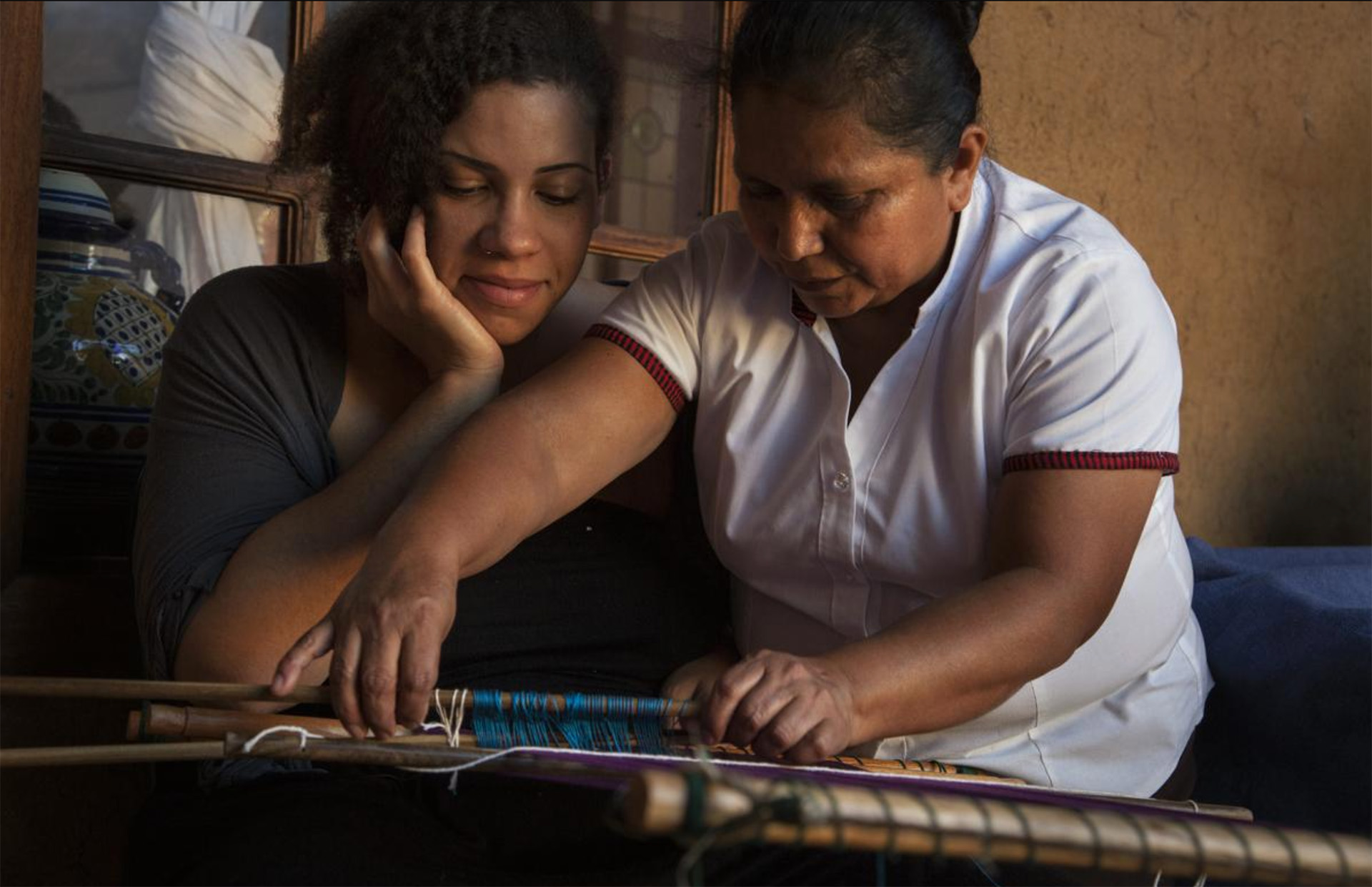
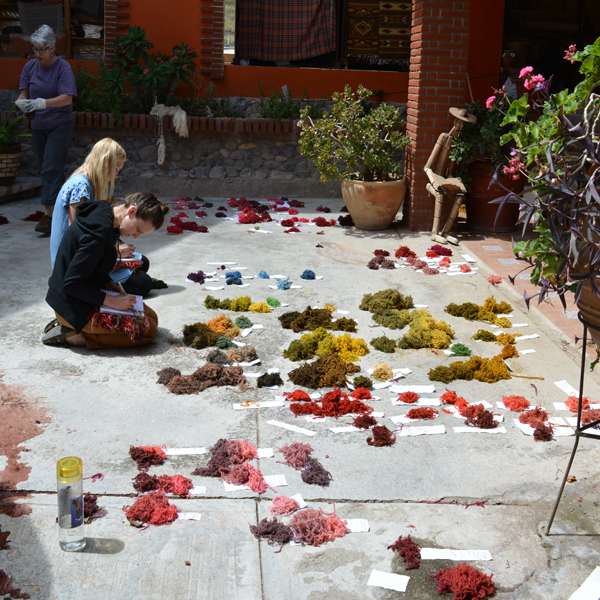
Interdisciplinary. Accessible. Regenerative.
Why apply to the Confluence Concentration?
We are a full-time interdisciplinary MFA that allows students to work from home anywhere in the world, while attending the University of New Mexico. Our field-based residencies in June and January give artists opportunities to learn through an immersive, progressive pedagogy.
Most of the credits are completed during residencies. Artists benefit from creating their graduate committee of studies with University of New Mexico faculty members, while also studying with visiting faculty from residency locations. Alumni leave the program with an international network of peers, a revitalized art practice that is informed by regenerative practices, and dynamic relationships with like-minded artists.
What if you could study in a living classroom, co-learning with artists, scientists, healers, farmers, activists and craftspeople?
The Confluence MFA field-based curriculum meets twice a year at sites in the Americas including New Mexico, Miami, Minnesota, Oaxaca and El Salvador. The Earth is our college, and bogs, rivers, desert mesas, city halls, cloud forests and water treatment plants have all served as our classrooms. These sites provide an expanded toolkit of experiences and know-how that allow artists to push their own boundaries.
What if your graduate school classes were shaped by traditional ecological knowledge?
The Confluence series of courses is shaped by holistic ecological knowledge systems, and effective arts-based research strategies. This series of courses help artists become ever more adaptive. Whether it is collaborating with people from other fields, understanding how cultural histories impact present projects, or creating entirely different models of human and more-than-human exchange, evolution is at the core of this curriculum.
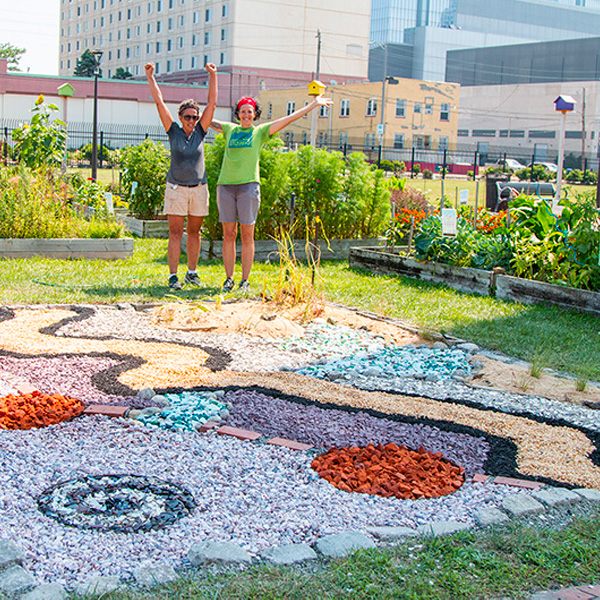
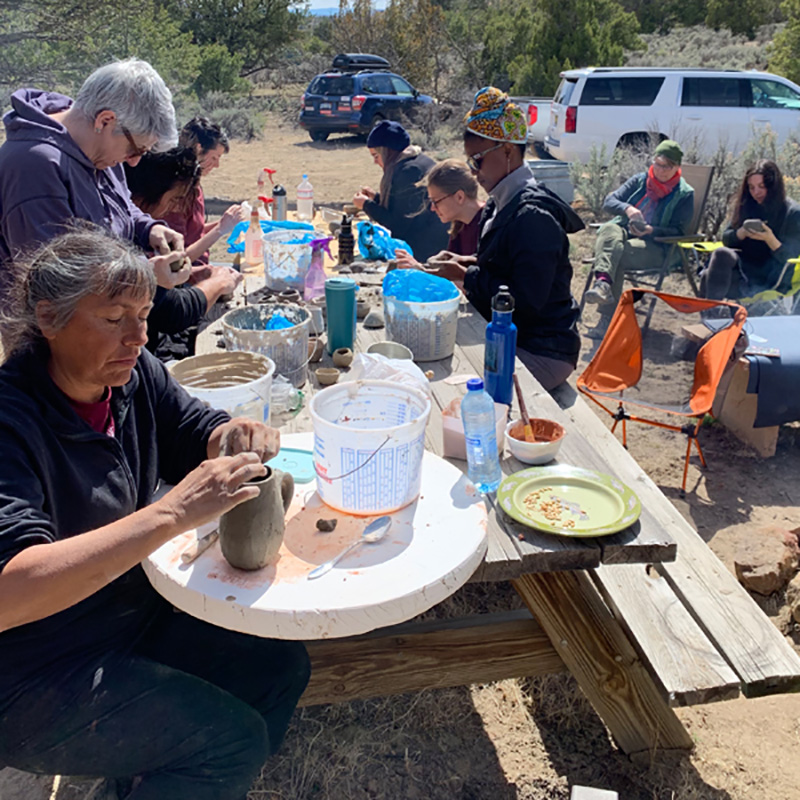
What if your graduate community was committed to liberation and healing?
We aspire to actively unlearn the old culture of education. We work to disrupt systems of colonialism, white-supremacy, classism, misogyny, and heteronormativity. Using trauma-informed pedagogies, we start where we are, and build towards a world that better supports life.
Our world needs the leadership, creativity, and understanding of complexity that artists possess now more than ever. This regenerative education takes place in an expanded educational field and centers justice and kinship.
Student outcomes include the development of a comprehensive art practice and the refinement of practical skills such as how to run budgets, find material resources, write clearly, and exercise entrepreneurial skills. In addition, artists develop a keen awareness of the artistic and cultural context of their work. Each person leaves the curriculum with a network of peers and mentors from the program and the sites that make up our living classroom.
Learn About Our Alumni
Alumni in the News
• Jess Porzuczek was recently named Assistant Professor of Visual Arts and Program Coordinator at Quinebaug Valley Community College
• sTo Len is currently serving as the New York City Department of Sanitation Artist in Residence. Learn more
• Zahar Al Dabbagh has been hired as the Assistant Director of Educational Operations at the Museum of the City of New York, Education Center
• Fatric Bewong exhibited new works from her studio in Ghana at the Amsterdam Museum in the Netherlands.

